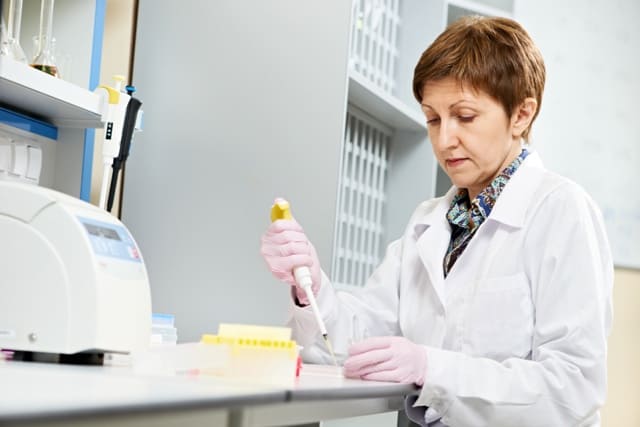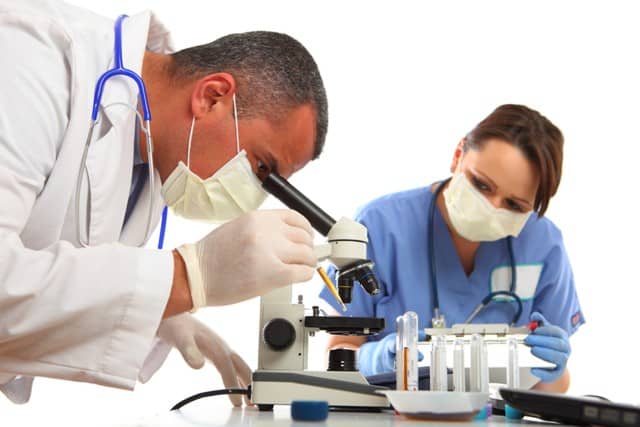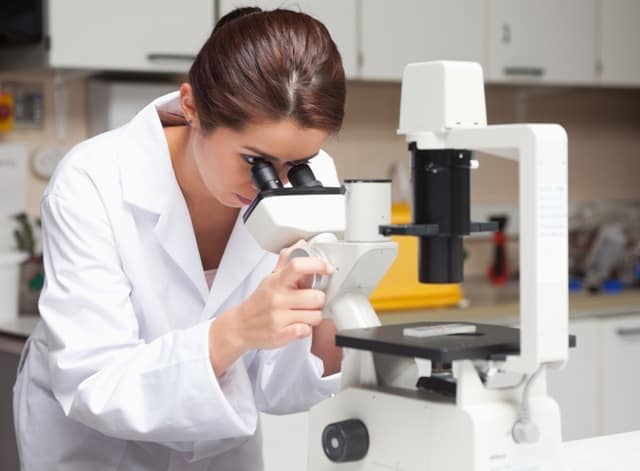CMA test – Chromosomal micro-array analysis

Chromosomal micro-array analysis, or CMA, is an advanced genetic test that allows the diagnosis of more than 100 genetic disorders that cause intellectual disabilities and autism. CMA is an improved version of CGH testing, also known as biochip tests. This test not only detects missing or excess genetic material but can also show the location […]
FISH test

Fluorescence in situ hybridization, or FISH, is a test that detects chromosomal abnormalities (aneuploidy). It is used in cases with a suspicion for chromosomal abnormalities that require a quick answer. Unlike karyotype tests where results are given after 2-3 weeks, FISH test results are usually given within 48 hours. It is considered effective in cases […]
Karyotype genetic testing

Karyotype genetic testing A karyotype test is a genetic test that analyzes the chromosomes. This test uses blood or amniotic fluid, molecular technologies are used to separate the chromosomes, count them, and morphologically analyze them. The test results can provide information on the presence of chromosomal abnormalities of different kinds, translocations (when pieces of a […]
Verifi Test – Non-invasive prenatal testing

Verifi Test – Non-invasive prenatal testing Noninvasive prenatal testing, also known as “Verifi test”, is a genetic test that can detect chromosomal abnormalities such as Down syndrome, trisomy 18 and trisomy 13. In this test, a blood sample is drawn from the mother, the blood is centrifuged, and the DNA is extracted from the sample. […]
Saliva Sampling – Saliva test

Saliva sampling for genetic screening tests has entered the market in recent years. Since DNA exists in saliva, saliva was used for years in different genetic tests, mainly paternity tests, and tests in forensics. These tests were simple to use and did not require the biologically complex analysis required in today’s genetic screening tests. However, […]
Genetic Testing – Genetic Screening Tests – Carrier Screening

Genetic Screening tests are blood tests that are used to identify genetic changes that can increase the risk of birth defects and genetic diseases. Genetic diseases and birth defects occur in around 3% of pregnancies (in people with no family history of genetic disorders). Therefore, it is important to undergo genetic screening tests prior to […]

